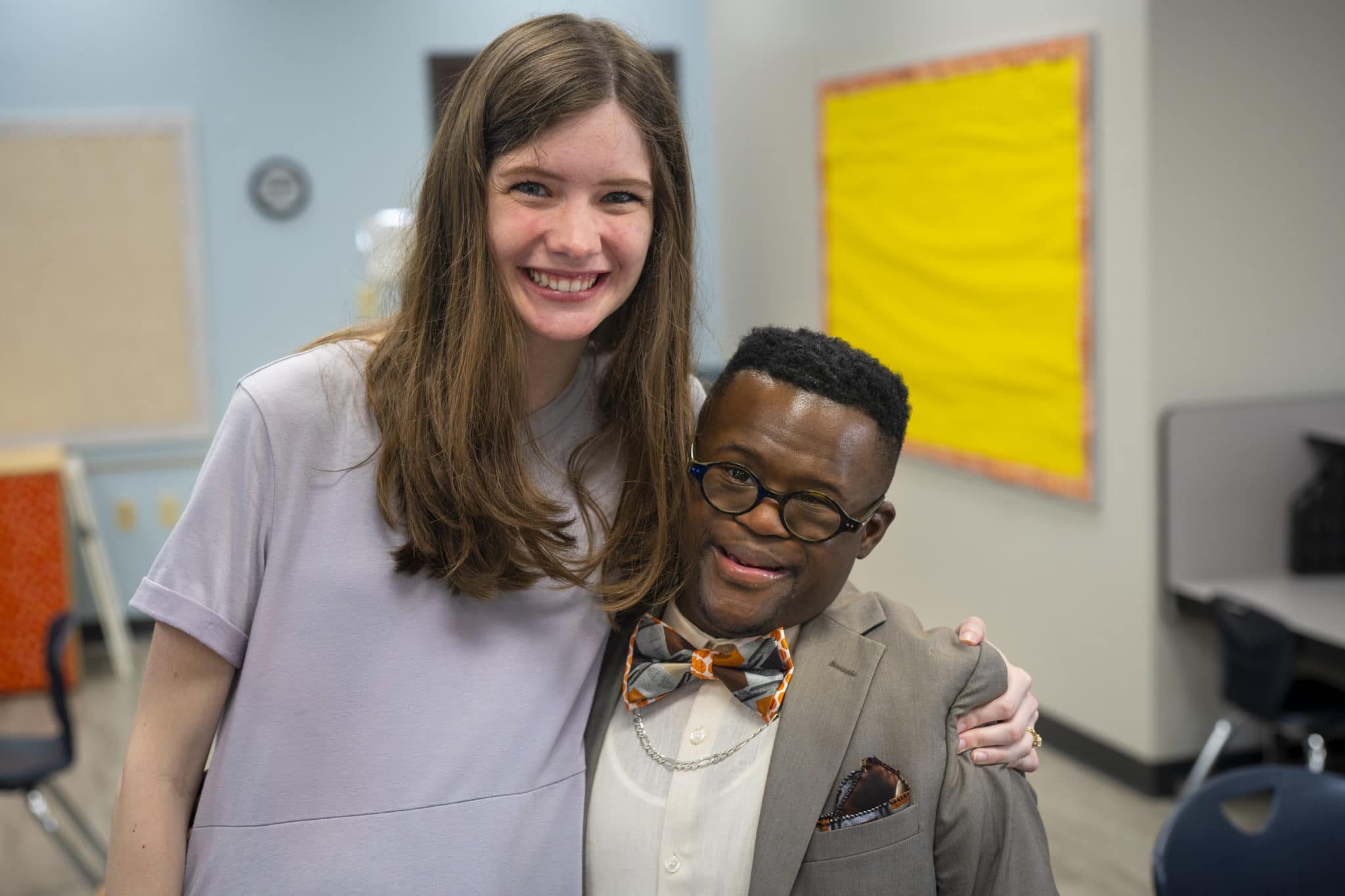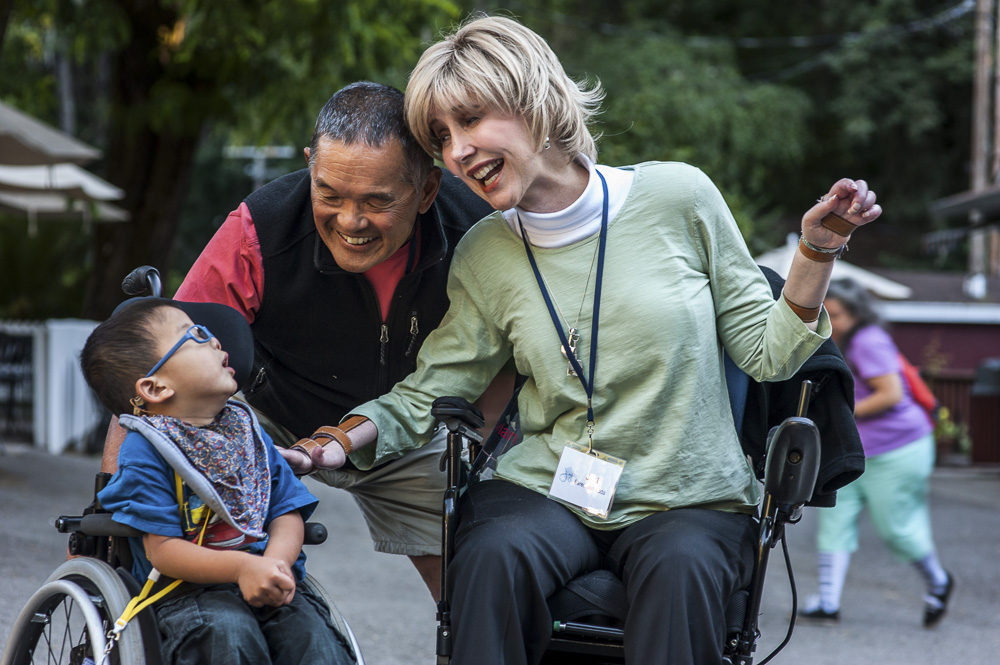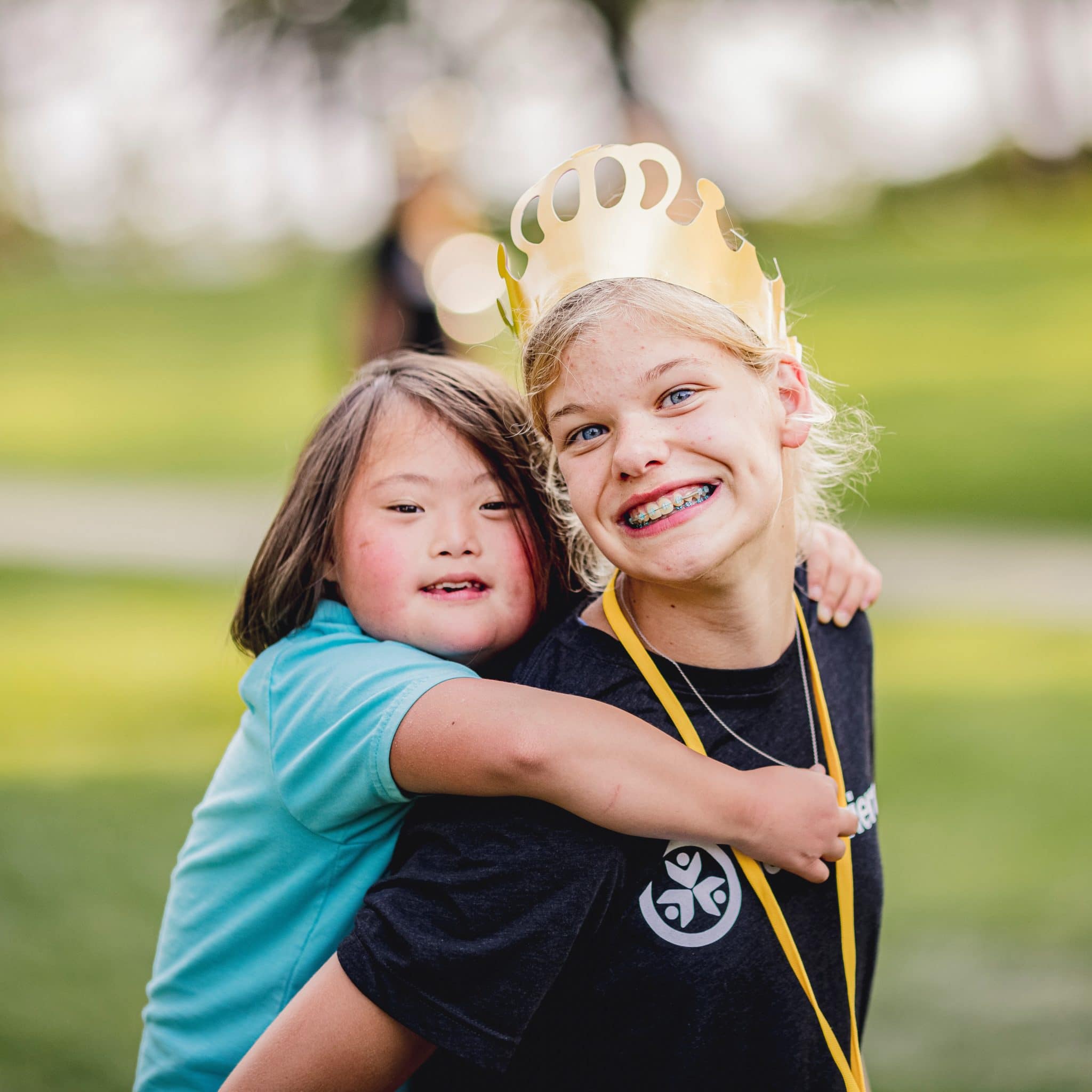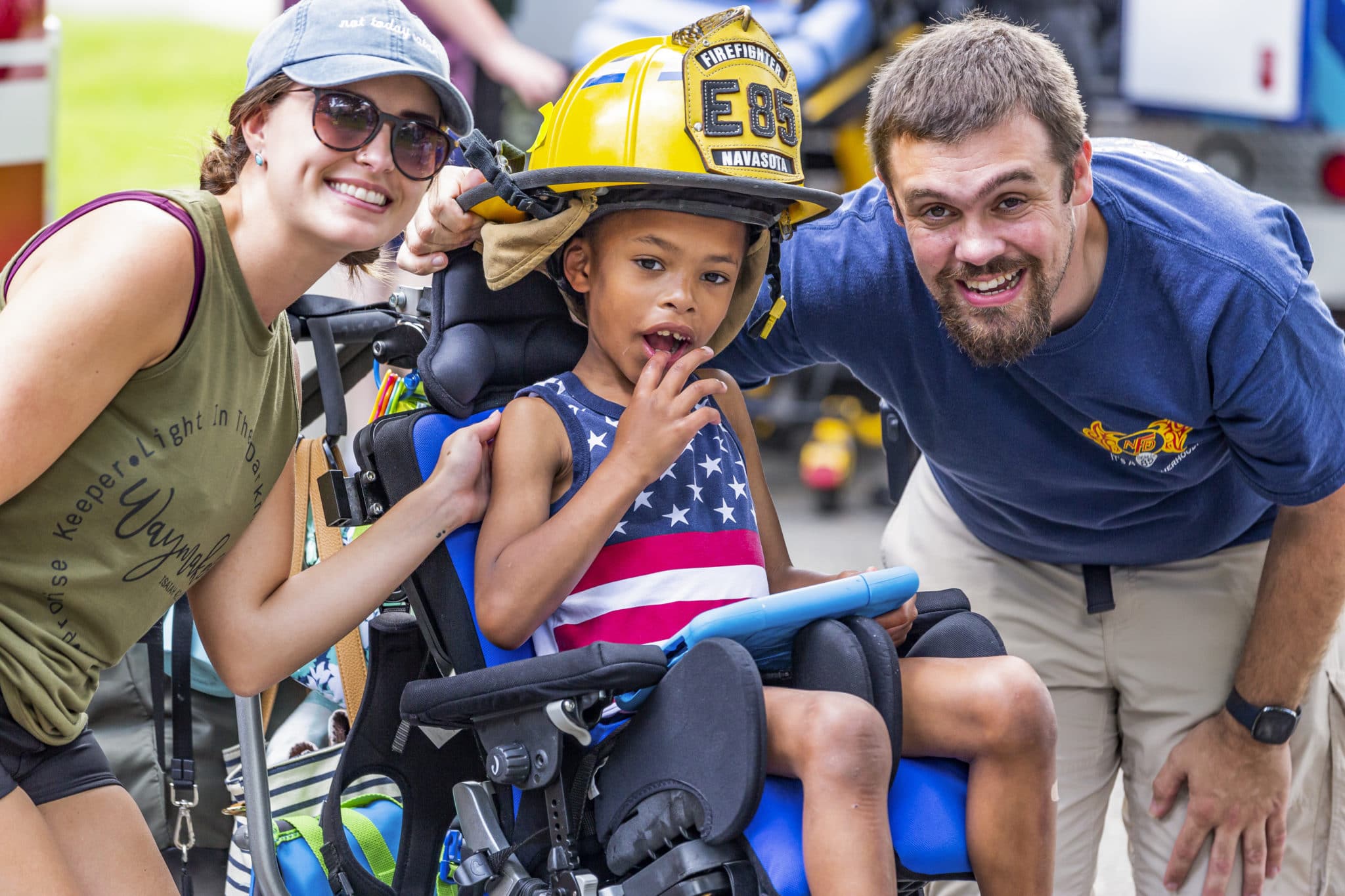5 Steps to Starting a Special Needs Ministry

Every church, whether it knows it or not, has a disability ministry.
How can we make such a bold claim? Because every church has been called by Christ to go make disciples! And nowhere in Scripture does it exempt us from making disciples of people with disabilities.
To put it simply, the question is not whether your church is called to minister to people with disabilities, but what that ministry will look like.
Disability ministry is not something you do, but a way you do things.
No two churches are identical. So, why would we expect ministries serving people with disabilities to be identical?
While we can learn from how other churches do things, if we don’t take steps to understand what’s unique about our church and the people we serve, we’ll wind up far from what is helpful, doable, and sustainable.
Don’t reinvent the wheel, but don’t put a monster-truck tire on a motorcycle! You need a custom fit.

So how do you know what disability ministry should look like at your church?
Step 1: Ask and Listen
When beginning a ministry, you need to know who you’re serving and what they need! By meeting the stated needs of those already in your church, you’ll be prepared to meet the needs of those who come.
It’s possible to plan a program, build a ministry, and find that you were trying to meet a need no one had.
Asking and listening are actions we need to return to often. Because needs change with time, we need periodic tune-ups to adjust to new realities.
Step 2: Set Goals
Your ministry needs to know what it’s trying to accomplish. If you don’t know where you’re going, you’ll never get there. Fortunately, most churches have a mission statement.
When you tie your disability ministry’s mission statement to the mission of the church, it becomes part of your church’s DNA.
For tips on how to talk to your pastor about disability ministry, watch this video on Talking to Church Leadership. For pastors, read 3 Simple Ways Lead Pastors Can Support Disability Ministry.
Disability ministry is not a novel, new ministry, but an extension of the church’s core mission. Because of the Great Commission, every ministry of your church can begin including people living with disabilities. Are there young people with disabilities? Yes! Then your children’s and youth ministries are disability ministry. Are there adult men and women with disabilities? Yes! Then your adult ministries, small groups, Bible studies, and serve teams are also disability ministries. In preparation for including people of all abilities in all the ministries of your church, learn about Removing Barriers: 2 Steps to Make Your Church Accessible.
Step 3: Define Leadership Roles

While this is an important point of view, ministry takes more than knowing about disability.
“Disability ministry” is, in truth, 9 parts ministry and 1 part disability. Many routine tasks that keep a ministry functioning have nothing to do with disability. Being an expert on disability doesn’t necessarily make someone a good ministry leader. No one person has all the gifts needed for any ministry! Remember the wisdom of Ecclesiastes 4,
“Two people are better off than one, for they can help each other succeed. If one person falls, the other can reach out and help… Three are even better, for a triple-braided cord is not easily broken.”
Ecclesiastes 4:9, 12 (NLT)
When one person tries to manage all the needs of a ministry, you’ve built a house of cards.
There may be a season, especially early on, when disability ministry is the responsibility of one person. But establishing a team is vital to sustainability and longevity.
For a helpful guide on which roles to include on your disability ministry team, watch this video on structuring your ministry.
Step 4: Recruit Volunteers
Disability ministry can sound like the realm of medical professionals and trained, special-ed teachers.
But “not an expert,” does not mean “unqualified.”
While experts provide powerful insight into disability, disability ministry is a ministry. Godly character is the most important qualification for any volunteer.
Who to Recruit
Anyone can serve in disability ministry! Look for people who are relational, patient, willing to learn, and compassionate. Then as you place people in specific roles you can match their gifts and abilities to a specific need. For example, when selecting one-on-one buddies, you wouldn’t pair a young, energetic child who is prone to run off with someone who has mobility issues.

One thing to note: Be cautious about recruiting parents or siblings of someone affected by a disability. While they may have a willingness to help, there may be another area within the church that better fits their gifts, passions, and calling.
How to Recruit
Standing in front of the church and shouting, “Does anyone want to serve in disability ministry?” is not a great way to get volunteers. Even if you’re given that chance, most people will be held back by uncertainty. “Am I able to help? Would I just be in the way?”
It’s much more effective to seek out individuals.
Show them how their gifts and character connect with disability ministry. Help them see how they are already qualified to serve.
Broad recruitment strategies require the least effort but have correspondingly small returns. Personal recruitment is high effort but, in the long run, pays dividends.
In time, disability ministry will become contagious. Volunteers will become eager to serve. In fact, volunteers tend to bring volunteers with them!
What to Ask
There are a few things almost every volunteer needs to know.
- What will I be doing?
- How often will I serve?
- How long am I committing to serve?
- What experience do I need?
- What training will be provided?
- Who are the leaders I can ask for help?
Clear expectations will be a blessing to everyone involved! Being clear helps people see how they can contribute. A vague ask may push away potential volunteers.
Step 5: Prepare your church
Volunteers are not the only ones who need training! A truly accessible church involves everyone in the church family. A church culture that values, welcomes, and accepts people of all abilities is a church that reflects the heart of Christ.
You can prepare your church by offering disability awareness and basic disability etiquette training. A “disability ministry” can lead the way, but until the whole church is welcoming to people with disabilities, there is room to grow!
A churchwide culture of welcome is the only way to create a sustainable disability ministry. For more on how you can help change your church’s culture, read about The 5 Stages Of Changing Church Culture To Embrace Special Needs Families.
Disability Awareness
Hearing the stories of those living with disability is powerful, offering your church insight into the ups and downs of life with a disability. Familiarity builds empathy for the struggles of those with disabilities while revealing their gifts and potential contribution to the ministry of the church.
Most importantly, stories remind us of what we all share: a need for love, acceptance, belonging, and the Good News of Jesus Christ! Remember, knowing a person is far more important than knowing about their disability. Showing the video How Your Church Can Include People with Disabilities is a great way to begin building disability awareness.
Disability Etiquette
Fear of doing or saying the wrong thing can keep people from engaging those with disabilities. What words should we use? Disabled? Special needs? Handicapped? Basic training will empower your church family to confidently welcome and embrace people with disabilities. Distributing a helpful handout like Disability Etiquette is a great place to start.
So, What’s Next?
As you launch intentional ministry, remember to pray. And don’t expect everything to come together in an instant. Be prepared for things to take time and be willing to make slight adjustments as you go.
Perfection is not required, but persistence is.
And if you’d like to connect with real people who are walking the same path, we’d love to talk and introduce you to church leaders in your area.

Do You Have Questions?
Contact us at [email protected] or call (818) 707-5664. We’re here for you. Your ministry’s success is our highest priority!





